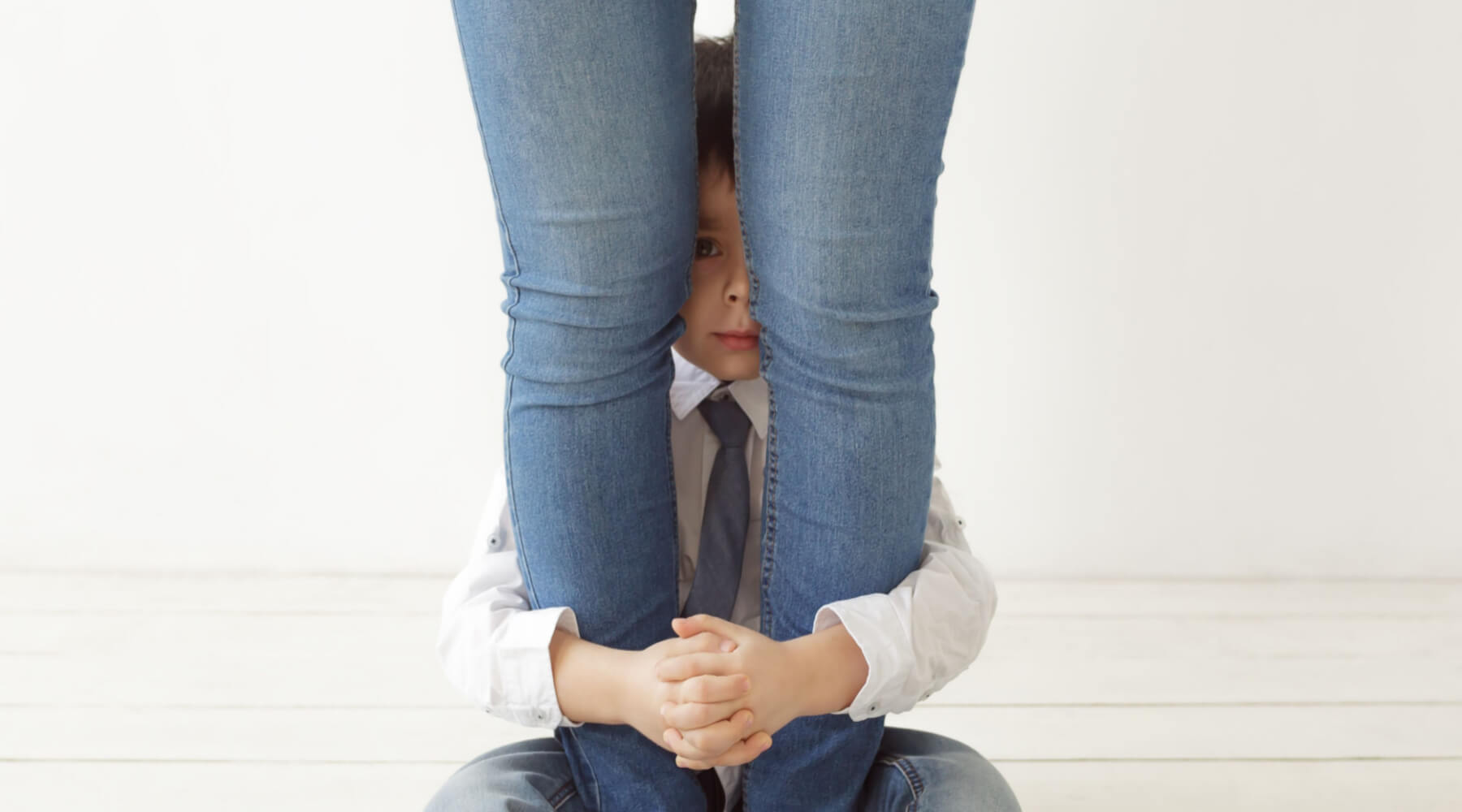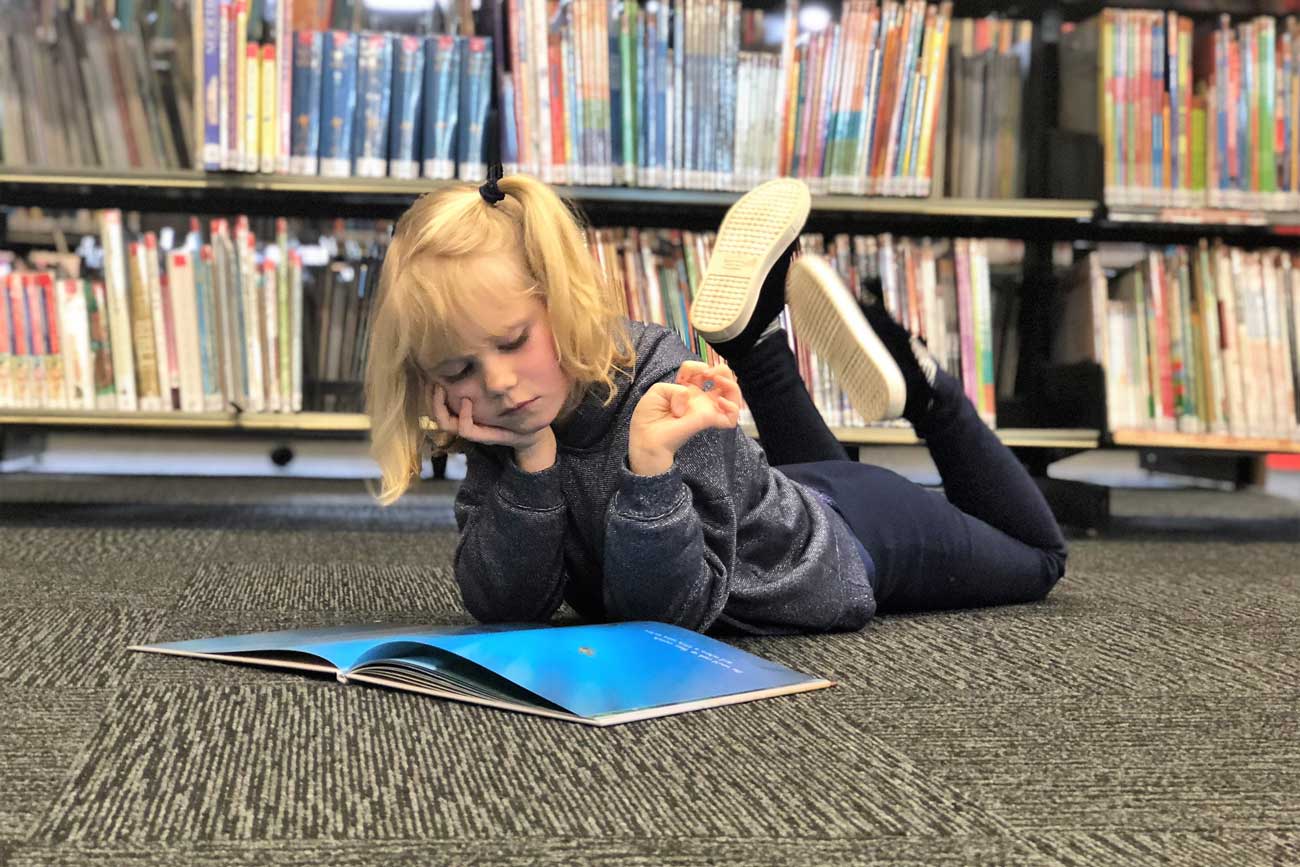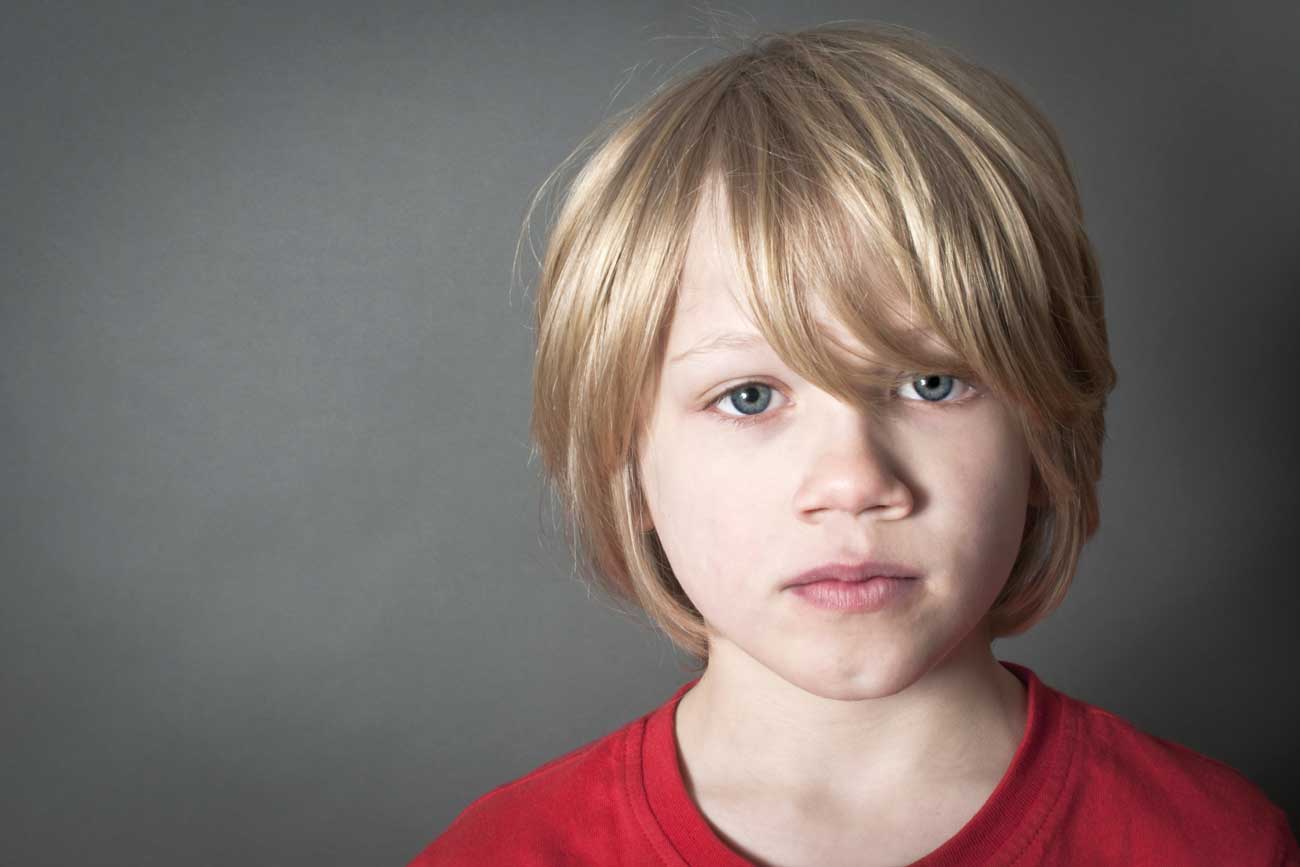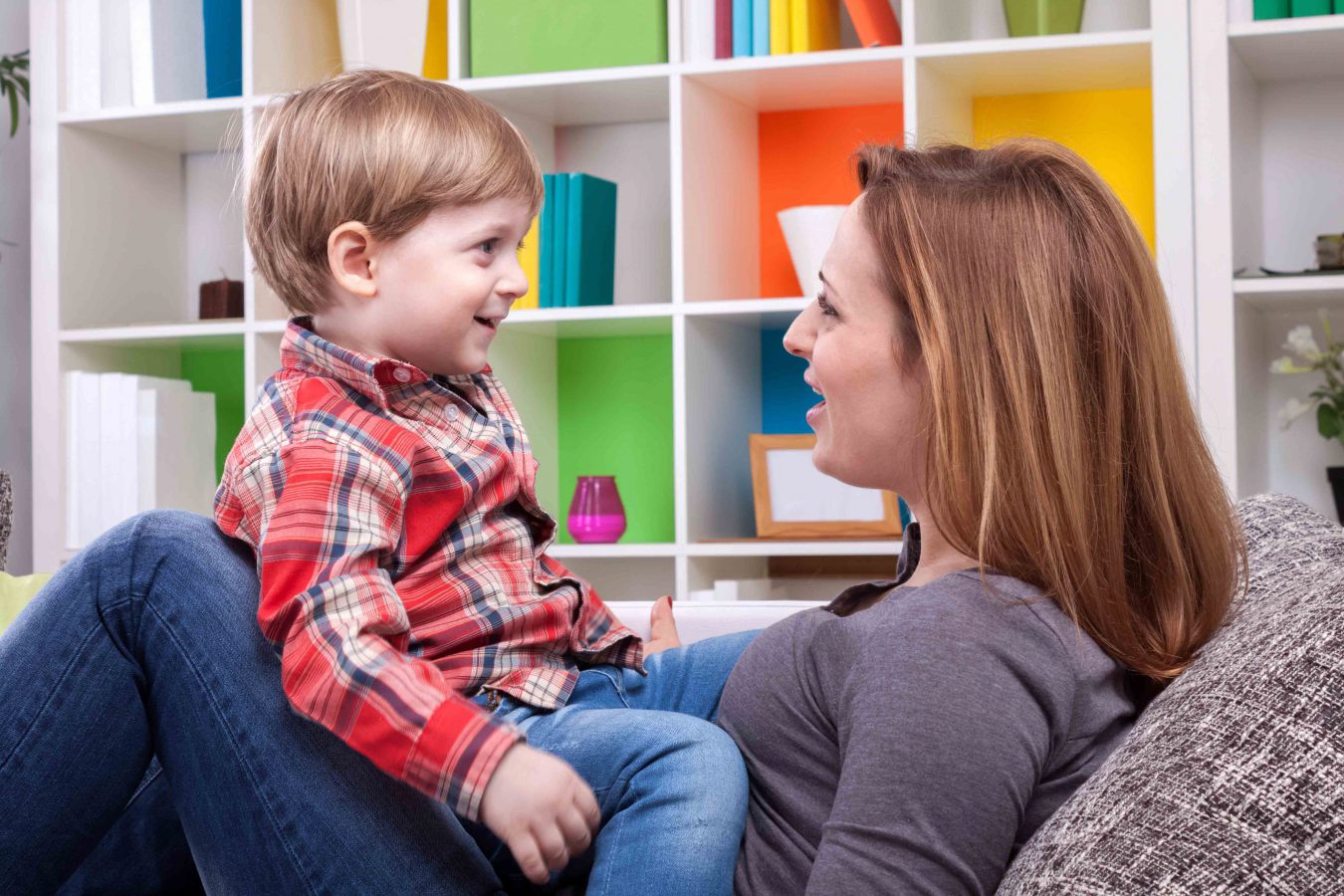
Why we shouldn't label our kids as shy, the nostalgic TV shows to share with your family, and how reading for fun is at an historic low.
Our selection of thought-provoking and useful resources from around the web on educating and raising children, and supporting families.
Shyness in kids: What attachment can teach us about cautious behaviour in young children
(Christian Harimanow, ABC Everyday)
When the author took his three-year-old son to a cafe and a well-meaning waitress tried to get young Remy to talk and laugh with her, it didn’t go so well, with Remy recoiling in fear.
Wanting to understand and help his son, the writer turned to clinical psychologist Emma Spencer for advice. It turns out that the cautious behaviour Remy showed was very typical for his age, and it’s often the grown-up trying to engage with the child that ends up feeling embarrassed and labels the child ‘shy’.
‘I want people to stop calling my son shy. To be fair, I need to stop calling him shy too’, writes the author.
By respecting the child and their personal space, adults can help children navigate these situations without needing to label behaviours. ‘Overall, labels can be unhelpful’, Emma told the author.
Read the full articleThe TV shows you grew up watching and need to introduce to your family
(Fiona Purcell, ABC Everyday)
Everyone loves a walk down memory lane, but when you can share that in moving images, it’s even better.
The writer shares a list of eight nostalgic TV shows for younger and older kids, including Playschool, AstroBoy, Sooty, Round the Twist, and Bewitched.
‘Seeing your own child, niece, nephew or godchild get as much joy out of the characters, theme songs and storylines as you did decades before brings a warm-fuzzy feeling’, writes the author.
Read the full articleThe number of children who read for fun is at a historic low. Why?
(Sophie Brickman, The Guardian)
When was the last time your tween or teen picked up a book to read for enjoyment, not for homework or study? Statistics out of America showed that just one in three 13-year-olds picked up a book for fun.
The author spoke with the Director of the Reading and Literacy Discovery Centre at Cincinnati Children’s Hospital, Dr John Hutton. He explained that the act of a parent reading to a child shows both parent and child experience ‘neural synchrony’ – brain activity mirroring itself in both brains.
‘I bet if you were measuring cortisol levels in a stressed-out parent after a week of Zoom meetings, and they sat down with their child to read a book, to laugh, to cuddle, that those levels would be significantly lower,’ he said.
The benefits of regularly reading to children are well-documented, and it also triggers the release of feel good oxytocin. ‘…for us anxiety-ridden adults who are in need of all the oxytocin we can get’, the author writes.
Read the full article

